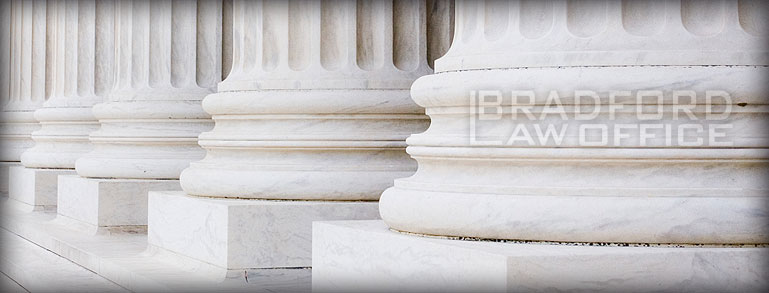Elder Law - Trusts
A trust is simply a creation governed by law into which you may transfer an asset so that instead of you personally owning the asset, the "Trust" owns the asset.
The asset can be real property, like your home, or it may be a bank or investment account. To describe the Trust that you create and how it is to be administered, you generally visit with an attorney who will guide you through the creation process of the Trust. The result will be a legal document that governs who will be the administrator, or more properly, the Trustee, and how assets and income of the Trust are to be administered. There is usually a provision in the Trust that determines how the assets of the Trust are to be distributed upon your death or upon the death of your spouse or other individuals identified in the Trust.
Trusts have been particularly useful in avoiding federal estate taxes. With changes in the estate tax laws, trusts have become less important for that purpose.
Another benefit of a trust is to protect distributions to children of previous marriages. That is, each spouse with children from a prior marriage can make sure that their intended gifts upon death will be made as planned. Trusts are generally more expensive to create than a simple Will, but property held by a trust does not have to be probated.
It is generally best to consult an experienced attorney to assist in drafting a Trust that will carry out your wishes.
